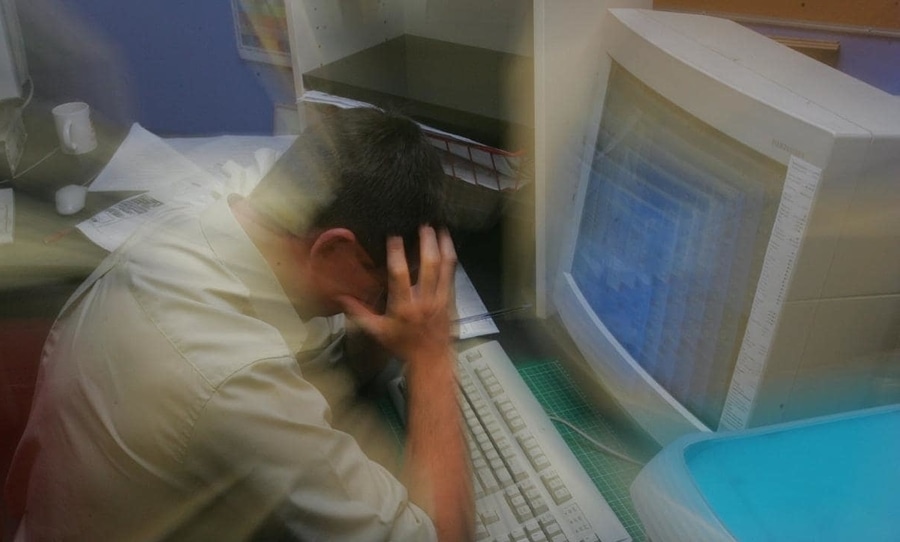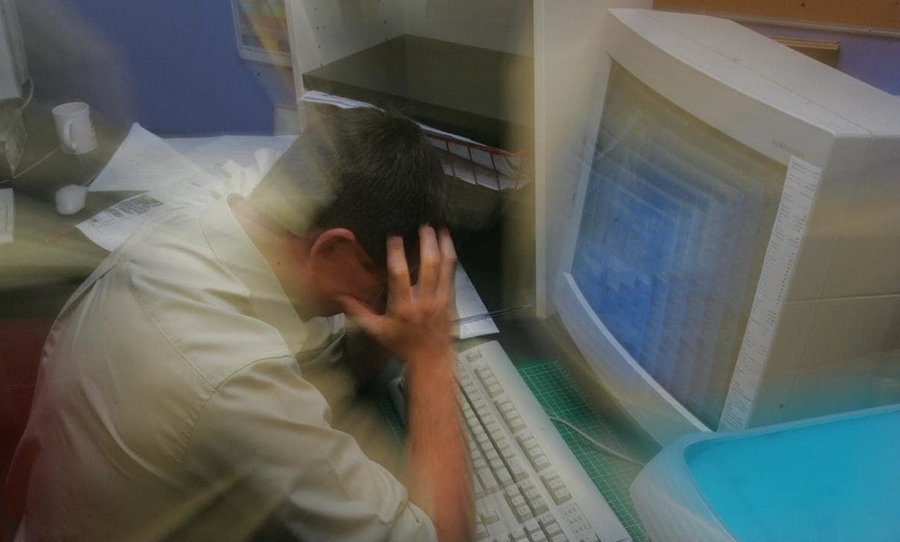A case report into a patient suffering from COVID-19-related paranoia brings forth the plausibility of psychotic delusions sparked from the horrors of the pandemic.
The study, undertaken in Germany and reported in the academic journal of Psychiatry Research, revolves around a patient suffering from schizophrenic psychosis.
The case appears to be “the first report of COVID-19-related paranoid processing in a psychosis patient”, say researchers from the University of Rostock in Germany.
Back in March, in the midst of the COVID-19 crisis of 2020, a 43-year-old German man suffering from mental illness problems was taken to German hospital by his father. The man reportedly suffered a week-long stint of paranoia and a series of hallucinations that coincided with the coronavirus pandemic.
Previously working as an ambulance paramedic, the man told doctors he was hearing voices in his head, including his neighbours scolding him for not looking after his parents during the outbreak of the virus. He was also led to believe that these neighbours were also infected due to his “negligence”, being a “former ambulanceman” himself.
The patient then proceeded to act upon this judgement by paying a nighttime visit to his parents’ house to see if they were still alive. However, he decided against knocking on the door to find out. Another one of the psychotic delusions surrounded the idea that he had immunity to the virus after contracting it through a telecommunications message from China through a WhatsApp group.
“It’s an example of how prevailing topics can become the main content of psychotic thinking,” Matthias Fischer told IFLScience, a study author from the Clinic and Polyclinic for Psychiatry and Psychotherapy at the University of Rostock
Although the causation of the psychotic delusions are not explicitly linked to the stresses exerted from the coronavirus, the study indicates there may be some sort of link between major global events and mental health crises.
“The patient already had the schizophrenic disease and had similar episodes before, so ‘Corona-Crisis’ didn’t cause the paranoid episode by itself; it may have developed also without it, we don’t know,” Fischer said.
“It is also of note that the ‘Corona-crisis’ may be leading to more admissions to psychiatric hospitals by causing or inducing… psychotic or depressive episodes that have to be treated. We are actually investigating this in more detail.”
Previous studies also show that there may be heightened levels of fear and trauma in people with psychiatric conditions during the outbreak of disease. A study undertaken in 2009, revealed that admitted schizophrenic patients suffered from increased anxiety during the swine flu outbreak. Patients with schizophrenia have also proven to be more resistant to vaccinations and adherent to social distancing measures during an influenza pandemic
“The mental health and wellbeing of whole societies have been severely impacted by this crisis and are a priority to be addressed urgently,” said Devora Kestel, director of the World Health Organization’s (WHO) mental health department.
The United Nations (UN) has also warned of the onset of a global mental health crisis, suggesting that governments put the psychological issue “front and centre” of their agenda.
While this particular study is concerned with a patient suffering from pre-existing mental health adversity, it indicates that psychotic delusions may be propagated as a result of the stresses and pressures realised by COVID-19. We’re all in this together so look after yourselves and each other.
If you or someone you know is struggling to cope with the fear and anxieties of the times, please do not hesitate to seek help. Here are a few organisations who are always here:




